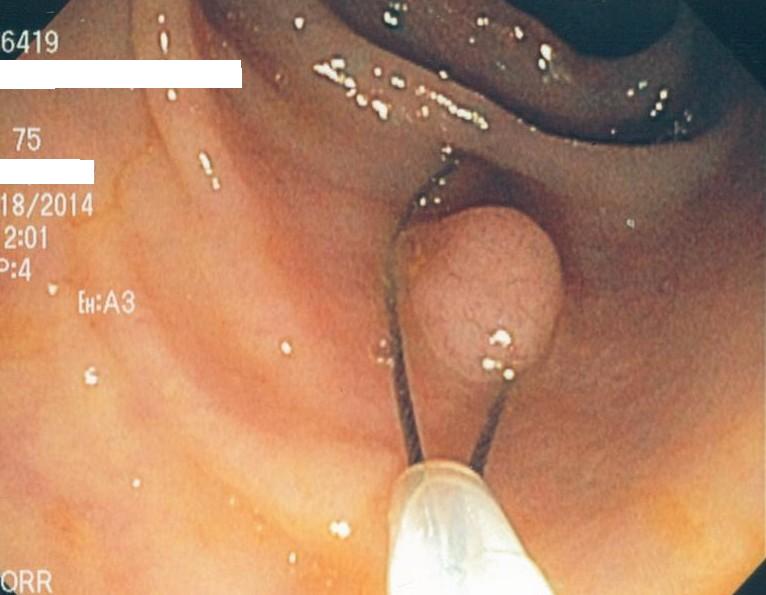Colonoscopy Procedure Youngstown
Colonoscopy Procedure Youngstown?
A colonoscopy is a procedurewhere a surgeon passes a flexible camera about the size of your index finger in the anus and passed throughout the colon. It is usually performed under moderate sedation where the patient is sleeping but able to breath on their own. Patients wake up with no pain and no recollection of the procedure.
Who Should Have a Colonoscopy?
Everybody should have a screening colonoscopy at the age of 50 due to the relatively high incidence of colon cancer in this country. For those patients with a family history of colon cancer, it should be done sooner. Colon cancer usually starts out as a benign polyp that can easily be removed with special devices through the colonoscope. Other patients may require a colonoscopy if they have chronic diarrhea, abdominal pain, or rectal bleeding. Diseases such as Crohns disease, ulcerative colitis, diverticulosis, and other can be diagnoses.
Preparation for a Colonoscopy
Patients undergoing a colonoscopy should have their colon cleaned out to provide optimal visualization. I prep my patients by placing them on low residue diet followed by a clear liquid diet. The night before the procedure, I give a combination of Ducolax tablets, Miralax, and sometimes magnesium citrate. This is much better tolerated than the gallon of Golytely that many physicians give.
Clear liquids may be taken up to 4 hours before the procedure. Medications may be taken with sips of water. Diabetic medications are usually held the night before and morning of the procedure.
Surgery Following a Colonoscopy
Complications from a colonoscopy are rare. There is a very small chance of having bleeding or perforation especially if multiple, large polyps are removed. The benefit of having a laparoscopic surgeon perform your colonoscopy would be if a perforation were to occur. This can usually be sutured laparoscopically immediately. Also, if a colon cancer is found, a laparoscopic colectomy (colon resection) may be able to be performed. Finally, minimally invasive surgeons are usually trained to do advanced endoscopy such as large polypectomies and stenting which would otherwise require surgery.

